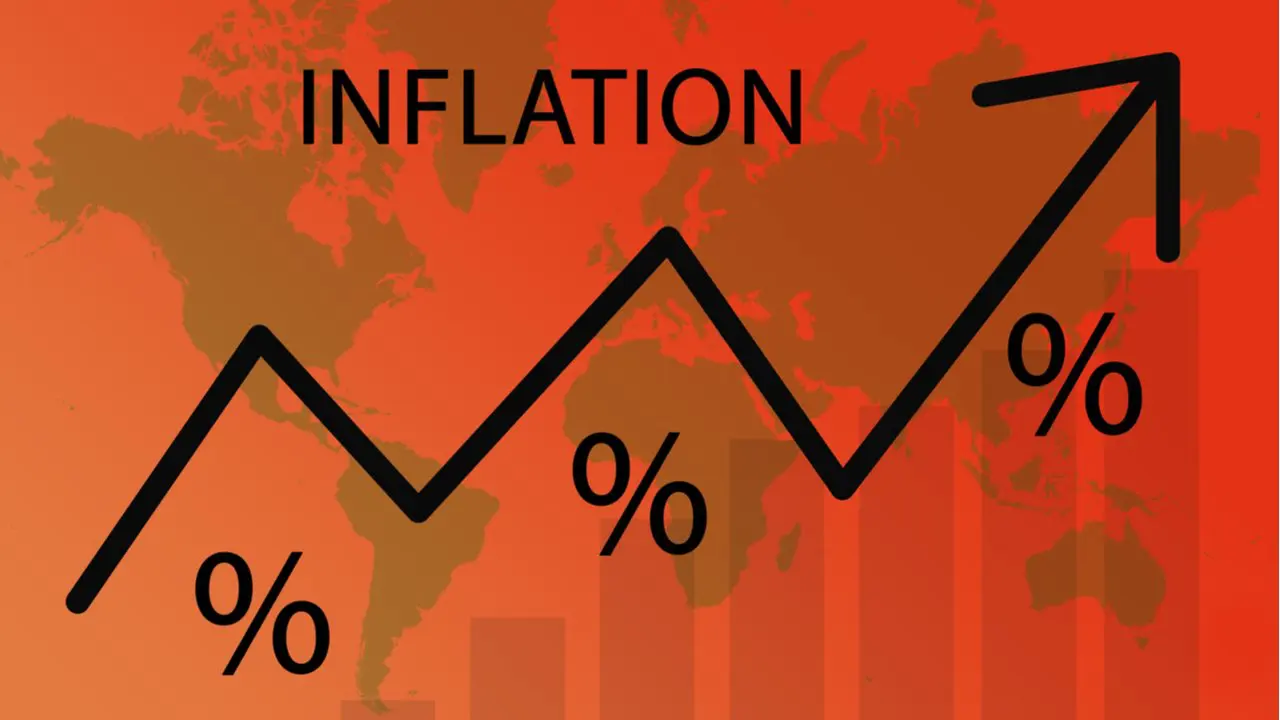Nigeria’s overall inflation rate decreased to 22.22 per cent in June 2025, down from 22.97 per cent in May, as reported on Wednesday by the National Bureau of Statistics (NBS).
The Bureau noted in its Consumer Price Index (CPI) report that, compared to the same month last year, the headline inflation rate decreased by 11.97% from the 34.19% recorded in June 2023.
“This means that in June 2025, the rate of increase in the average price level was higher than the rate of increase in the average price level in May 2025,” the NBS explained.
It also said that month-on-month inflation for June 2025 was 1.68 per cent, a slight increase from the 1.53 per cent observed in May. The year-on-year food inflation rate for June 2025 reached 21.97 per cent, a 18.93 percentage point decrease from the 40.87 per cent noted in June 2024.
On a month-on-month basis, food inflation surged to 3.25 per cent in June 2025, reflecting an increase of 1.07 per cent from the 2.19 per cent recorded in May. Furthermore, the average annual rate of food inflation for the twelve months up to June 2025 was 28.28 per cent, 7.02 percentage points lower than the 35.3 per cent reported in June 2024.

“The significant decline in the annual food inflation figure is technically due to the change in the base year,” the Bureau noted.
Regionally, food inflation was highest on a year-on-year basis in Borno (47.40 per cent), Ebonyi (30.62 per cent), and Bayelsa (28.64 per cent), while the slowest increases were found in Katsina (6.21 per cent), Adamawa (10.90 per cent), and Sokoto (15.25 per cent).
Month-on-month data indicated that Enugu (11.90 per cent), Kwara (9.97 per cent), and Rivers (9.88 per cent) experienced the most significant food inflation, whereas Borno (7.63 per cent), Sokoto (6.43 per cent), and Bayelsa (6.34 per cent) had the least increases.


 Trending
Trending 
